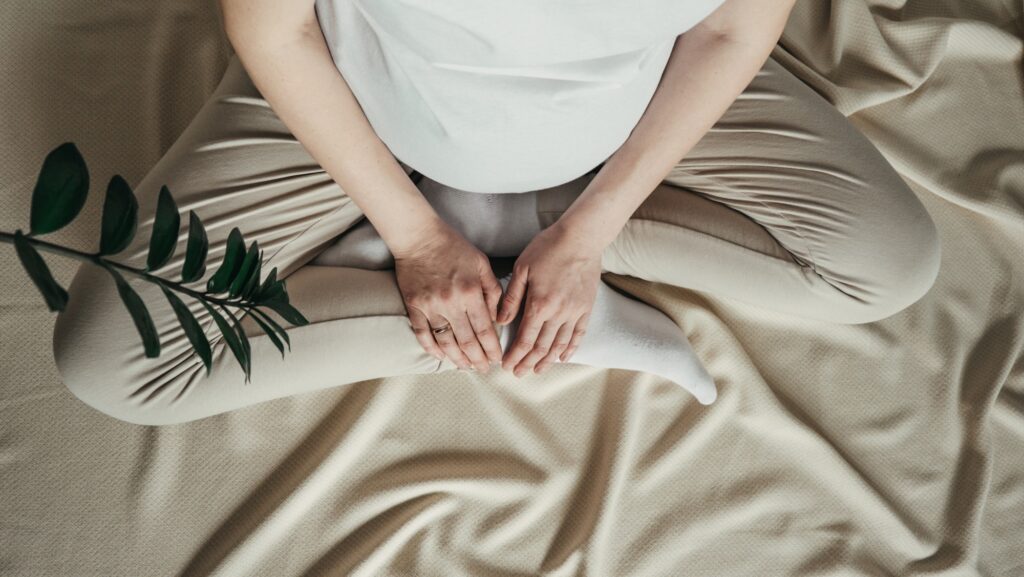What if someone told you that you have the ability to decrease feelings of anxiety and improve your sleep without medication? What if it was FREE? What if it’s something you do all day, every day? What if it’s right under your nose (or involves your nose)? Well, I have good news. It’s true! It’s your breathing! Wait, what? Let me explain.
Our bodies are amazing. Our nervous system has different components, some of which we consciously control, and some that work automatically. The autonomic nervous system drives the automatic processes such as digestion, called a parasympathetic behavior, and the fight-or-flight response, called a sympathetic behavior. Both the sympathetic and parasympathetic systems are important to our general wellbeing, and they need to coexist in a healthy balance. Sadly, our fight-or flight response tends to get stuck in high gear. Our bodies developed this response thousands of years ago to help us in times of danger, but today it is triggered by the rush of our day—getting the kids ready, answering emails, traffic conditions, and other physical, and emotional stressors. When we are stuck in this high stress pattern, our breathing transitions into shallow, quick, upper chest dominated movements. This, in turn, stimulates the stress response further.

I have great news; there is help!
And, yes, it is right under your nose, sort of. Diaphragmatic or deep belly breathing can help. A 2017 study in the Frontiers Psychology journal reported that decreasing our respiratory rate to 4 breaths per minute can improve cognition, decrease cortisol levels (a stress hormone that impacts sleep patterns and abdominal weight gain), and decrease anxiety.
Diaphragmatic breathing is best done sitting down in a chair or lying down with a small pillow under the knees so that your body can relax. Take a slow deep inhale through your nose, allowing the breath to travel gently down into the abdomen. The abdomen/belly should ease into expansion, and not be forced. Once the breath has reached the end of its course, passively and slowly exhale. Continue to perform this deep belly breath daily for at least 5 min and gradually work your way to 10-15 minutes.






